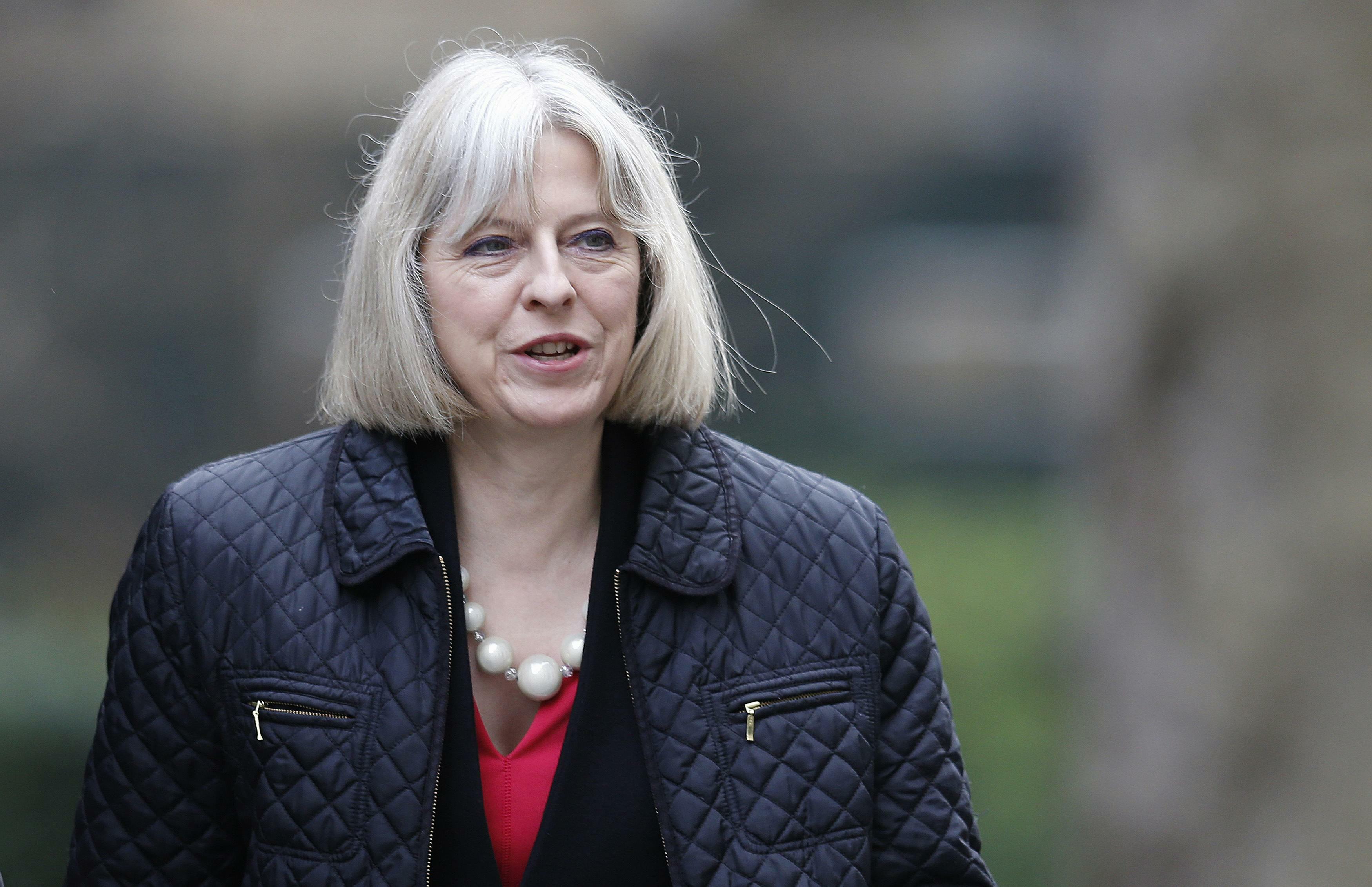
Britain’s new prime minister, Theresa May, has a monumental task ahead of her: fulfilling British – or, more accurately, English and Welsh – voters’ demand to “Brexit” the European Union, and managing the far-reaching consequences of that effort. Her challenge dwarfs those faced by her recent predecessors. But she may well be up to it.
No one should underestimate May. Like German Chancellor Angela Merkel, who has proved her mettle in successive crises, May has all the tools she needs to get things done. She is clever and tough, with little patience for nonsense. She has a strong sense of public service, and an equally strong set of values. She carries little ideological baggage, and is adept at staying in control, operating within self-imposed boundaries that keep her on familiar terrain.
May wins most of the battles she fights, and shows little mercy to those who have used underhanded tactics against her. Yet she has few known enemies within her party and is popular with its rank and file. It is a robust combination – one that she will need to use fully as she attempts to lead Britain out of the EU.
And make no mistake: Britain is on its way out. May has repeatedly stated that there can be no going back on the vote to leave, even though Scotland and Northern Ireland voted to stay. “Brexit means Brexit,” she insists, with her ministers echoing her refrain.
But May has yet to elucidate precisely how she defines Brexit. That’s the hard part.
Imagine if someone told you, “Breakfast means breakfast,” and then headed off to prepare your meal. You would have little idea what you were actually going to eat. A Northern Irish “Ulster fry-up” – eggs, sausage, black pudding, potato and soda bread, and a fried tomato – with a cup of tea? Coffee and a pastry? Depending on your circumstances and preferences, you would probably feel very differently about the various possibilities.
The same goes for Brexit. Some are concerned primarily with stopping EU labour from entering the United Kingdom. Others are focused on maintaining access to the single market. But, unlike a breakfast, Britain can’t just demand everything on the menu.
The reality, so often ignored by the Brexiteers, is that the EU is not going to offer something for nothing. That is not because its leaders want to score points, or punish the UK for rejecting the EU (sometimes with inflammatory rhetoric). Rather, as we British tend to forget, everyone – including the EU and each of its member states – has their own political or commercial interests, which they are committed to protect.
For May, a central challenge over the next few months will be to determine what, realistically, Britain should be seeking when it begins the laborious negotiations on its relationship with Europe (and, on the trade front, with the world). Given the scope of the agenda (I can think of at least six major topics that will demand their own negotiations), the process could take several years. (My 11-year-old granddaughter could be starting university by the time they conclude!) Clear priorities will be essential to keep them from dragging on even longer.
The goal, of course, must be to strike a balance between ensuring access to the rest of Europe for British exporters of goods and services (especially financial services) and limiting the movement of EU citizens into Britain. The more the negotiators secure in one area, the more they will have to compromise elsewhere.
May will have to muster all of her considerable knowledge, skill, and political capital to negotiate a reasonable deal. But even if she succeeds, she may find that not just some people are dissatisfied – an unavoidable outcome – but that everyone is. That would compound another major challenge facing May’s government: narrowing the yawning divide in British society that the Brexit campaign exposed.
The Brexit vote was driven by the blue-collar workers of England’s North and Midlands, who have long felt alienated from their political leaders, left behind by globalization, and marginalized by its perceived agent, the EU. Metropolitan England – especially London – may have benefited, but they did not.
Lacking faith in a Labour Party that is melting down under its left-wing leader Jeremy Corbyn, many members of this group fell prey to the populist promises of the Brexiteers. “We will reverse globalization,” they declared. “We will turn away the migrants who are suppressing your wages, and redirect millions of pounds from the EU to public services.” Brexit, they pledged, would return Britain to a safer and more prosperous past.
The promises were false. Globalization cannot be undone, and migration from the EU cannot be cut off. Any attempt to do so would devastate UK businesses. Even if a faltering economy leads to falling immigration, the workers who voted for Brexit will probably find, frustratingly, that low-paid jobs are still low paid, and that their public services are still under pressure. This is unlikely to boost social cohesion.
The Brexit vote has unleashed a storm of populist sentiment that will be difficult to control. Just as Donald Trump will not make his working-class constituents better off in the United States, Brexit will utterly fail to benefit those who chose it – no matter what it looks like. That is the one challenge that May, despite all of her assets, may not be able to overcome. - Project Syndicate